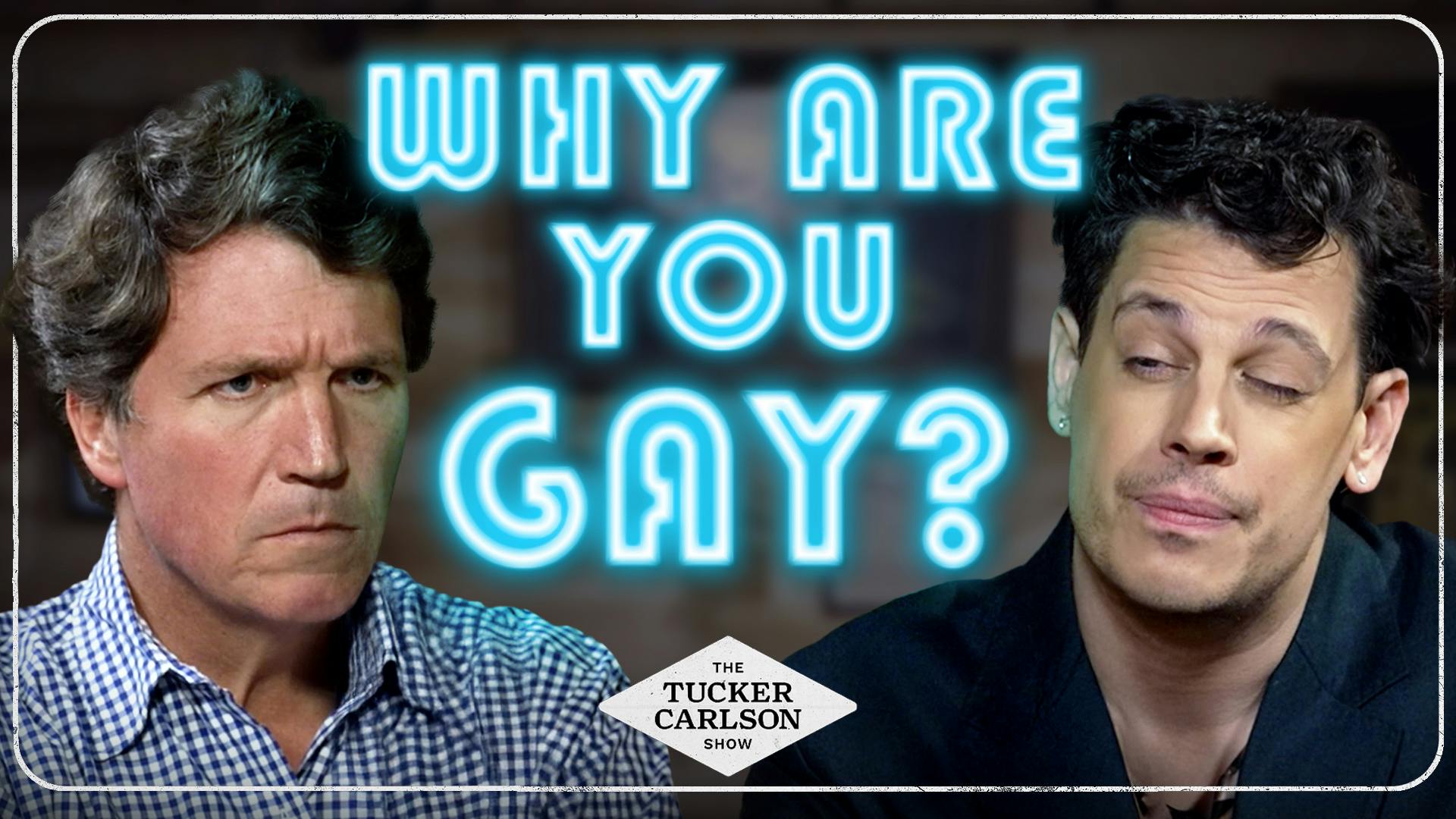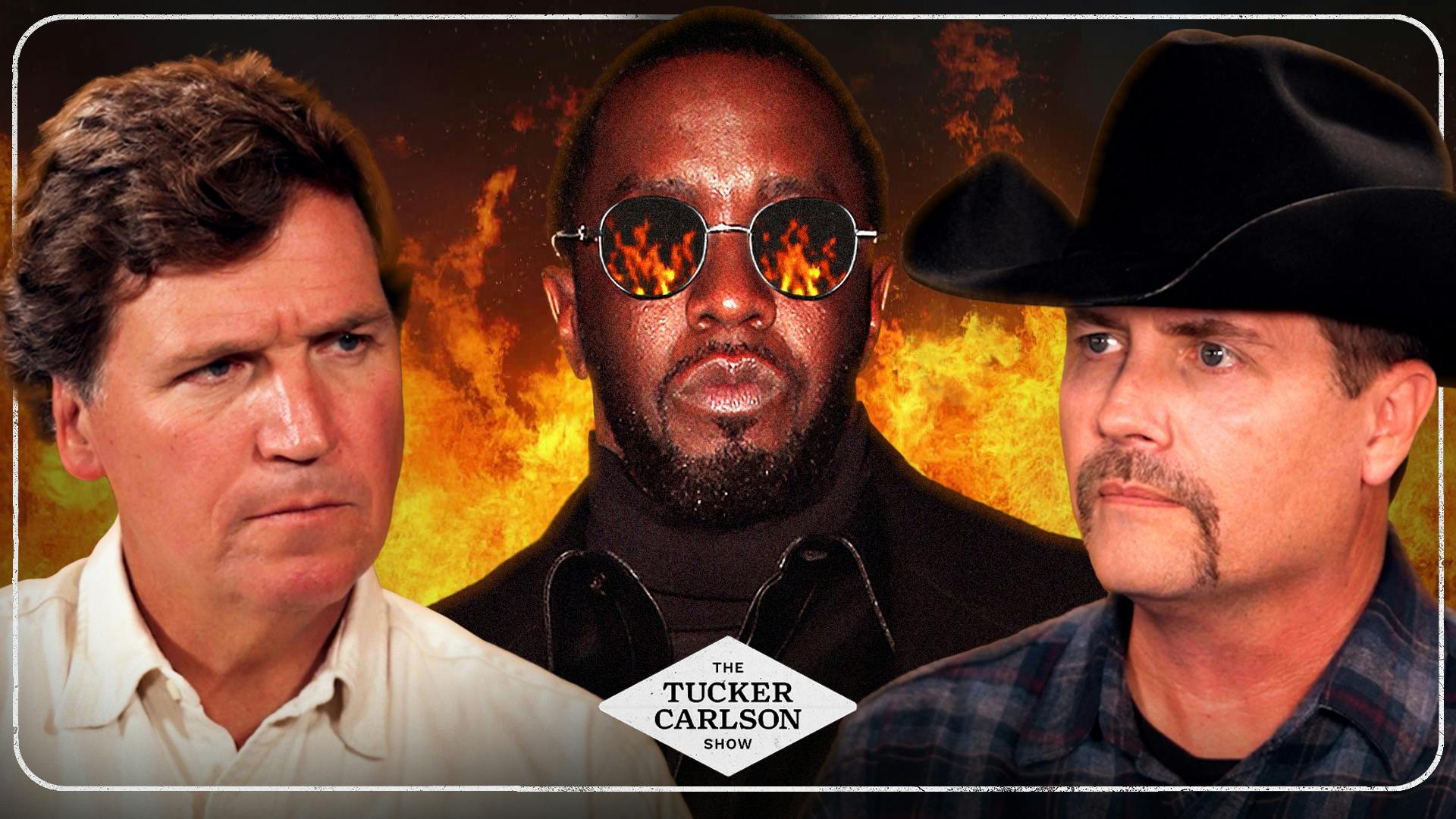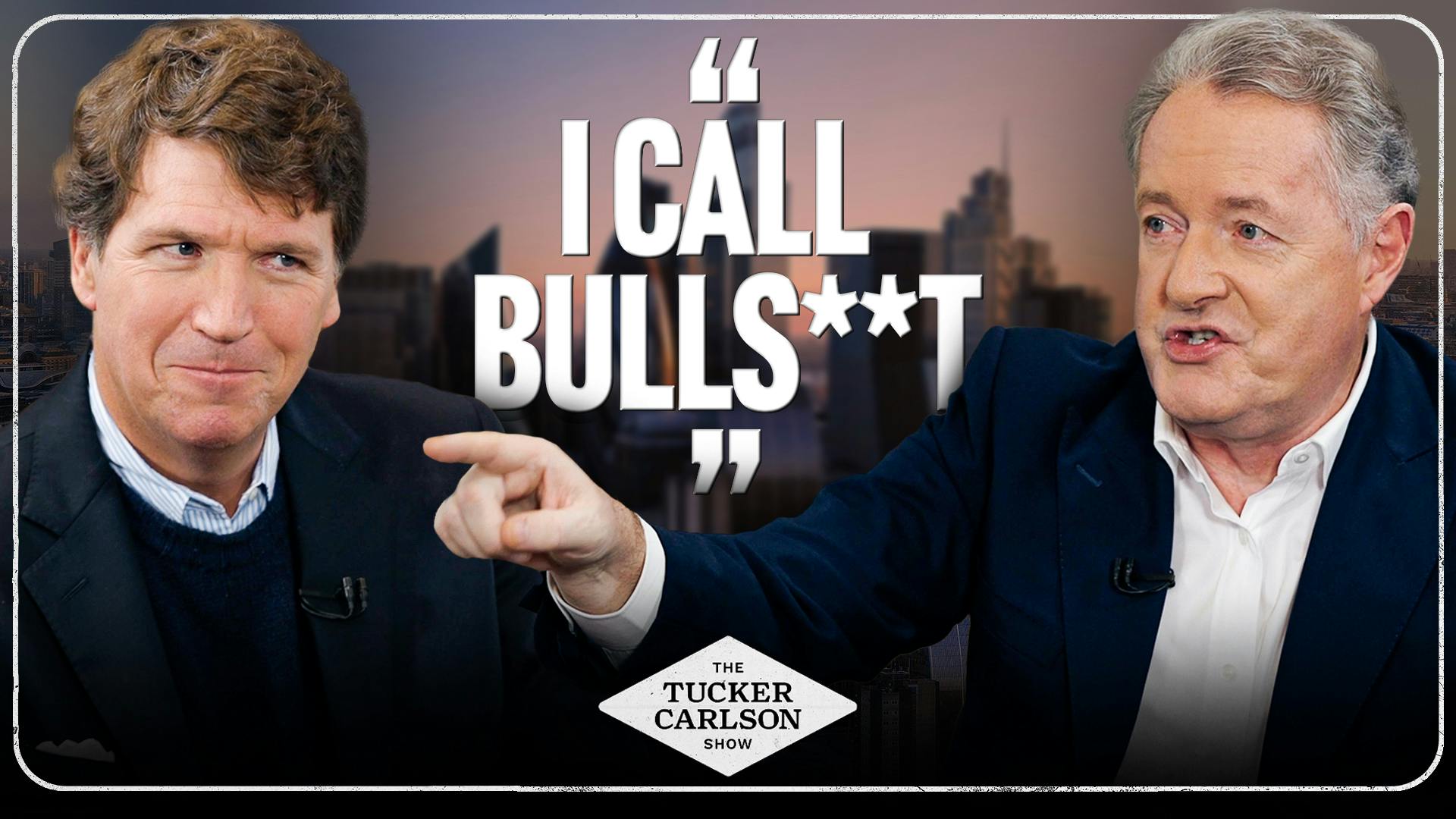The 9/11 Files: The Cover-up Commission | Ep 2
The 9/11 Commission authorized by Congress was a total fraud from the beginning. Led by the same people who were responsible for preventing the attack, the Commission was deliberately “set up to fail.” 9/11 widow and lawyer Kristen Breitweiser forced the Bush administration’s hand, exposing how the Commission was designed to hide the truth.
Paid partnerships with:
Masa Chips: Get 25% off with code TUCKER at https://masachips.com/tucker
Learn more about your ad choices. Visit megaphone.fm/adchoices
Paid partnerships with:
Masa Chips: Get 25% off with code TUCKER at https://masachips.com/tucker
Learn more about your ad choices. Visit megaphone.fm/adchoices
Press play and read along
Transcript
Transcript is processing—check back soon.
The Tucker Carlson Show — The 9/11 Files: The Cover-up Commission | Ep 2





